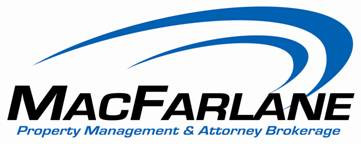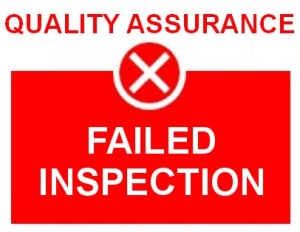After a property owner receives an Order to Comply from the Los Angeles Housing Department (LAHD) listing the deficiencies at the property and demanding the required repairs, the property owner has a certain allowable time to make the repairs. If the property owner fails to make the repairs in a timely fashion, the property owner runs the risk of being accepting into the Rent Escrow Account Program (REAP).
Once a notice accepting the property into REAP has been mailed to the landlord, the property owner has fifteen (15) calendar days to appeal the REAP acceptance. If no appeal is filed, the property is automatically accepting into REAP. If an appeal is filed by the property owner, he/she will have until the date of their General Manager Hearing to attain compliance (IMPORTANT: the property owner must obtain an LAHD “sign-off” before the General Manager Hearing date to prevent the property from entering REAP).
After the General Manager Hearing, a decision will be issued determining whether the property will be accepted into REAP. This decision may also be appealed. This appeal must be filed by the property owners within ten (10) days of the General Manager’s decision (IMPORTANT: this appeal does not grant the property owner additional time to comply with the repair demands).
If the propery is accepted into REAP, the property owner must follow a detailed procedure and timeline to ensure compliance and eventual removal from REAP. Most importantly, all cited violations must be repaired, as well as any other known or discovered deficiencies. Once the repairs have been made, the property owner must contact the REAP offices at (213) 808-8500. A REAP representative will determine over the telephone whether the property owner appears to be ready for removal from the program. If so, the REAP representative will request that the Outreach Contractor assigned to the subject property schedule a site visit with the property owner.
During the site visit, the Outreach Contractor will issue either a positive or negative report. A negative report naturally means that the repairs are not sufficient and the property is still in violation. A positive report means that LAHD will request that the property owner contact the Case Manager assigned to the subject property to schedule a final inspection to obtain a potential “sign-off.”
Once a positive report and “sign-off” are obtained, REAP will review whether there are any other outstanding orders or failed inspections on file with Building & Safety, Department of Health Services or the Fire Department. Also, the property’s Los Angeles Department and Water and Power bill must be paid in full. If there are no outstanding order or failed inspections and the water and power bill is paid, REAP will make a recommendation to the Los Angeles City Council to remove the property from REAP program.
If City Council adopts to remove the property from the program, REAP will issue a 30-day notice formally closing the REAP account and restore the rents to their original levels. After the property is removed by CIty Council, the property owner is responsible for paying all REAP administrative fees, inspection fees, systematic code enforcement fees, legal preparation fees and two pre-paid annual inspection fees. If tenants have made deposits into the property’s REAP account, these monies will be used to cover these fees. Once the fees are paid, REAP will prepare a termination document and send the paper work to the County Recorder’s Office.
Too often, property owners drag their feet as they are uninformed regarding the requirements and procedures of REAP. What could realistically take a couple months, many times can last over six months or longer. Property owners must educate themselves on the REAP process. No property owner plans on being accepted into the program, however in the event it does occur, a property owner needs to be prepared and/or seek the guidance of someone knowledgeable in the field.


Leave a Reply